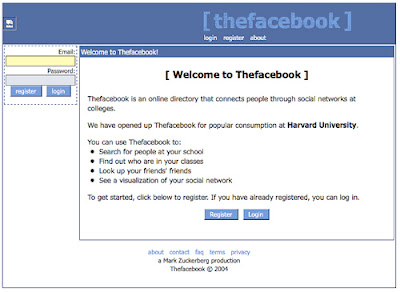Social media has become as much of a bête noire for myself this website as the 45th President of the United States came to be, so I must now also write it out of my system until further notice.
Social media is just another form of traditional media, and should be understood as such. Marshall McLuhan, the philosopher whose work created the field of media studies, was forty-one years old when regular television broadcasts started in his native Canada in 1952, making him well-placed in commenting on television’s impact on communication and our world. The focus of his book “Understanding Media” was how we should study media more than the content it carries, and the impact of a new medium will be more than that of the content. For social media, which became part of everyday life during my twenties, content is fuel for the algorithm of the site, and providing content to the site is both amplification of your message and the price of admission. The “social” side is an impression created by the content.
If everyone uses social media, we are essentially all in the media business and, therefore, we all should receive media training to fully understand the uses and effects of media, so that we can use it most effectively and mindfully. I think this would press home the importance of acting professionally in the public space created by a media that requires us to act intimately in order to receive the content required to run it. Organisations specialising in media training offer communication skills, interview technique, provide experience in dealing with PR and media relations, and provide “key message development” for the messages you want to get across.
It sounds not far away from preparing for a job interview, as you prepare to create the greatest possible impression of yourself, until I saw that one company, PA Mediapoint, also offers “crisis media training” in how to deal with intense media scrutiny – their website states that “the focus is on equipping comms teams and spokespeople with the essential techniques and strategies to limit reputational damage.”
For all that you can hate about what Piers Morgan says on Twitter, his account can be viewed as the same collection of safe press release announcements and off-the-cuff pronouncements that define a brand-building social media account that keeps on the right side of the site’s terms of service, because Morgan knows how to play the social media engagement game. Whenever Twitter has been used in a controversial fashion, mostly by people since banned from using the platform, the “social” side of social media is not applicable.
Something that is slanderous if spoken between two people is counted as libel on social media because it is media, it is recorded, it is written down. Putting yourself on public view carries an element of risk for anyone, celebrity or not, at any point, and whether it is worth putting on that off-hand comment, to be deleted later, or to target someone or something anonymously, carries its own risks.
I therefore use Twitter and Instagram primarily to link to my website, and to share things I like, because that is as much as I want to use it. I could decide to play the game, building social capital through likes and followers, but I think I prefer it more when that happens as a coincidence of one thing I posted about what I write elsewhere.
As everyone now has access to the media, we must not just get used to having a separate private and public face, but the management of that is now a life skill. That essentially makes it impossible to get it out of my system.


This comment has been removed by a blog administrator.
ReplyDelete